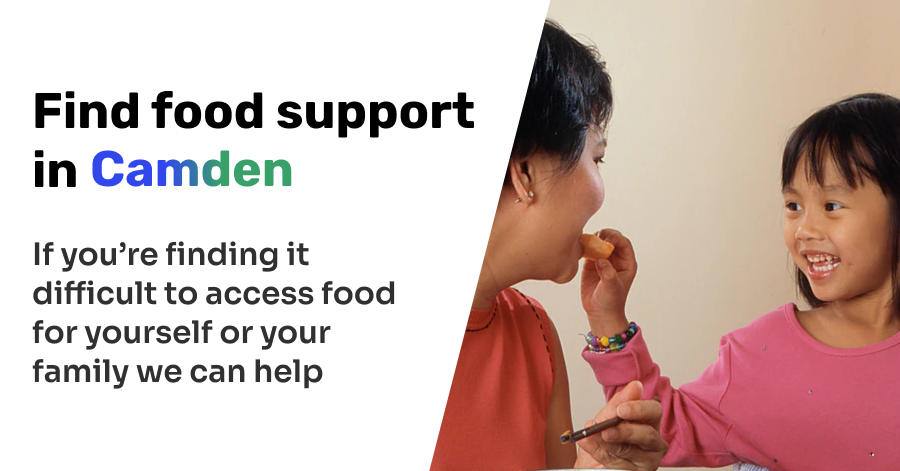Our third whole Commission meeting, held over Zoom on the 11th of Feb 2021, took a different approach to previous sessions. Aiming to dig deeper into the Commissioners’ expertise and knowledge, most of the meeting was spent in small breakout groups, each focused on one of the four missions.
The aim was to generate insights that will be used to develop mission roadmaps that begin to specify the sectors, actors, and projects that could contribute to achieving each mission.
We asked Commissioners to share inspiring and relevant work happening in their organisations or sectors and encouraged them to reflect on the practical steps that could turn each mission into reality. This blog recaps some highlights from the discussions in each of the breakout groups.
By 2030, everyone eats well every day with nutritious, affordable, sustainable food.
The participants in this group spoke passionately about the importance of empowering local communities and organisations to lead change in this space, with a focus on entrepreneurship and the potential for young people to lead some of this change. The group talked about the promise of youth-led initiatives, such as a Click and Collect App for a food bank being developed by a group of young people in Camden. This was just one example mentioned regarding the value in handing over power to young people to put their energy and ideas related to food poverty into practice.
The group also shared examples of existing work to tackle food poverty in the borough such as the Food Poverty Alliance, a network of organisations who come together regularly to share ideas, expertise, and work through challenges together. Another example is work led by Camden Council in collaboration with Time to Spare to set up digital infrastructure to enable people to find local food provision easily and link bottom-up activities to respond to food poverty.

The discussion also spoke about the importance of deep systemic change: our collective ambition to prevent food insecurity for everyone in the borough and build resilient food supply systems with minimal waste.
By 2025, every young person has access to economic opportunity that enables them to be safe and secure.
A key theme in this discussion was the importance of having young people in Camden deeply involved in shaping and delivering this mission (alongside their important inputs into the set of missions more broadly). Various participants spoke about the need to really listen to our youth, even when what they have to say might be challenging or uncomfortable to hear.
Another big area of discussion was around equalising access to social capital and the opportunities that exist in the borough. Participants spoke about the ambition to support our young people to be fearless through more equal access to skills and opportunities. An important part of this is sharing information about opportunities more broadly and fairly. For example, there are many vacancies with tech companies in Camden, but many young people and their parents don’t know about these opportunities or how to access them.
Relatedly, the group talked about using social media networks more creatively and effectively to unlock opportunities for Camden’s young people.
By 2030, Camden’s estates and streets are creative and sustainable.
A key focus for this group was what it looks like to create neighbourhoods and living spaces that people love to live in. Participants mentioned the importance of air quality, beautiful and accessible community spaces, opportunities for intergenerational interaction, and using existing space like car parks in new and creative ways.
A central aspiration under this mission was to bring services to places where people already live, for example creating health care hubs on estates or bringing employment support into neighbourhoods, like through Camden’s Job Hubs. In this vein, the concept of a 15-minute neighbourhood, where amenities, jobs, entertainment are all available within walking distance was repeatedly mentioned.
The group also discussed the importance of environmental sustainability in this mission, talking for example about Camden’s ambition to retrofit many of its estate and street properties, a massive investment which will generate jobs and long-term savings.
By 2030, those holding positions of power in Camden are as diverse as our community – and the next generation is ready to follow.
In this breakout group, the participants spoke a lot about redesigning positions of power – on school boards, in businesses etc – so they are more accessible and inclusive to people from a wide range of backgrounds. Could we, for example, prototype modern and inclusive leadership spaces, removing traditional barriers to entry? Providing optional bursaries or stipends for serving in a leadership role in a volunteer capacity was mentioned as one promising mechanism to support diversity in positions of power.
The group also talked about the importance of embedding young people into leadership spaces directly rather than creating parallel spaces such as youth boards. Similarly, there was wide agreement that supporting our communities to design their own solutions to achieve this mission is key for devolving decision-making power right from the start.
There was also wide agreement that defining clear and ambitious targets for this mission is key to its success, although it was acknowledged that landing on the most appropriate metrics would be complex and challenging.
Next steps
We’re synthesising these rich discussions now, and next we will:
- Translate these conversations into a high-level roadmap for each mission that describes how we might achieve the mission
- Begin to mobilise people around the projects to deliver then
Get in touch
By Yelena Bide, Inclusive Economy Project Officer at London Borough of Camden
